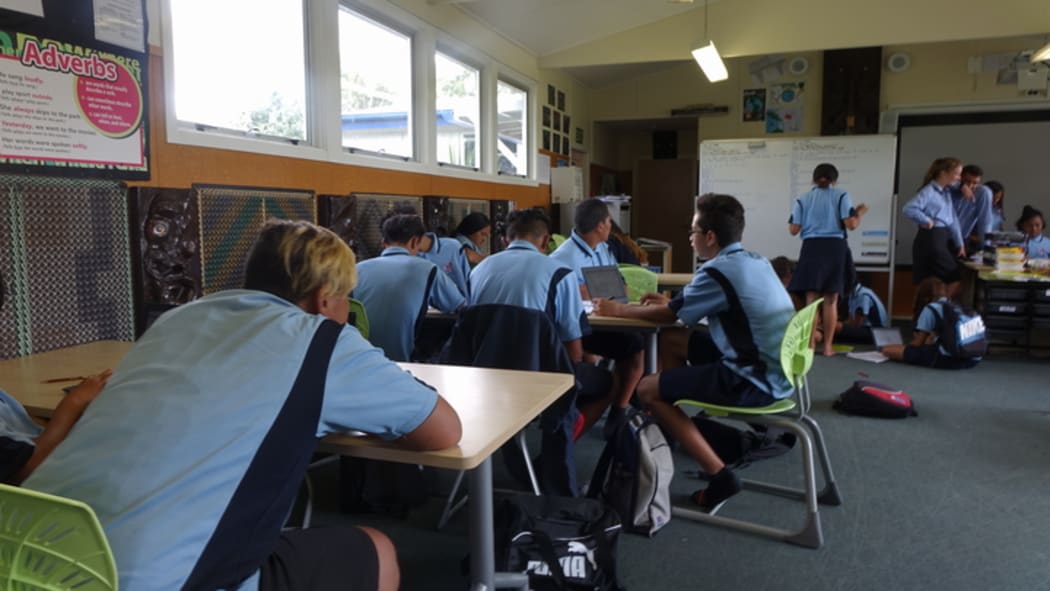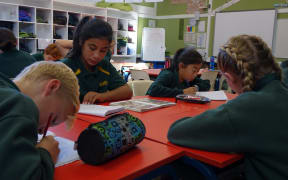Nearly every school in the country was paid the wrong amount in the first run of a new funding pool that targets at-risk children.

Photo: supplied
The Education Ministry said it underpaid about 800 schools a total of $550,000 from the $12 million targeted at-risk grant, and overpaid about 1400 schools about $1.3 million.
There are 2430 state and state integrated schools.
The grant was allocated to schools with children whose parents had been on a benefit for a significant period of their lives and had been billed as a forerunner of the type of system likely to replace the school decile, which is used to allocate about $126m each year.
The ministry said human error in data matching between itself and the Ministry of Social Development caused the errors.
Corinna School principal Michele Whiting said she only recently learned that her Porirua school got too little money from the grant.
"Just last Monday I received an email confirming that we were going to get an additional $1000 deposited into our school account in January because we were underfunded by that amount in 2017," she said.
The ministry had provided funding for fewer children than it should have, Ms Whiting said.
"We are supposed to be funded for 86, that's the entitlement [for] 2018, and they estimated that we were under-funded in 2017 by 11 [pupils] - we were only funded for 75."
The principal of South Wellington Intermediate School, Traci Liddall, said her school was overfunded by $300 to $400.
The school was allowed to keep the money, but eventually its payment would fall and it would miss the money.
"Every penny matters for a school, $300 or $400 is another Chromebook for a kid who struggles with reading and writing," she said.
Ms Liddall said she accepted people made mistakes, but she worried that schools would not be able to spot errors if the new government adopted a similar system to allocate money currently allocated through the decile system.
"We don't know if they're getting it wrong because we don't know what the formula is and we don't know who those kids are that make up the number," she said.
"If we knew that we could be a watchdog as well because, in my experience in my school, we've had three funding errors in three years," she said.
Secondary Principals Association head Mike Williams said the error was just a teething problem.
"A mistake's not great but in the big picture it was a new attempt at a whole new way of bringing funding into schools, the precursor to what will hopefully replace the decile funding," he said.
The amounts of money involved in the under- and overpayments represented a small percentage of schools' income, he said.
The ministry's deputy secretary of evidence, data and knowledge, Craig Jones said the data-matching used by the system involved the Education Ministry providing school roll information to the Ministry of Social Development to match with its database of children and young people who had been a dependent of a beneficiary.
"Student numbers per school are provided back to [the Education Ministry]. The data is then destroyed by Ministry of Social Development," he said.
"Neither the Ministry of Education nor the schools receive the names of any of these students."





